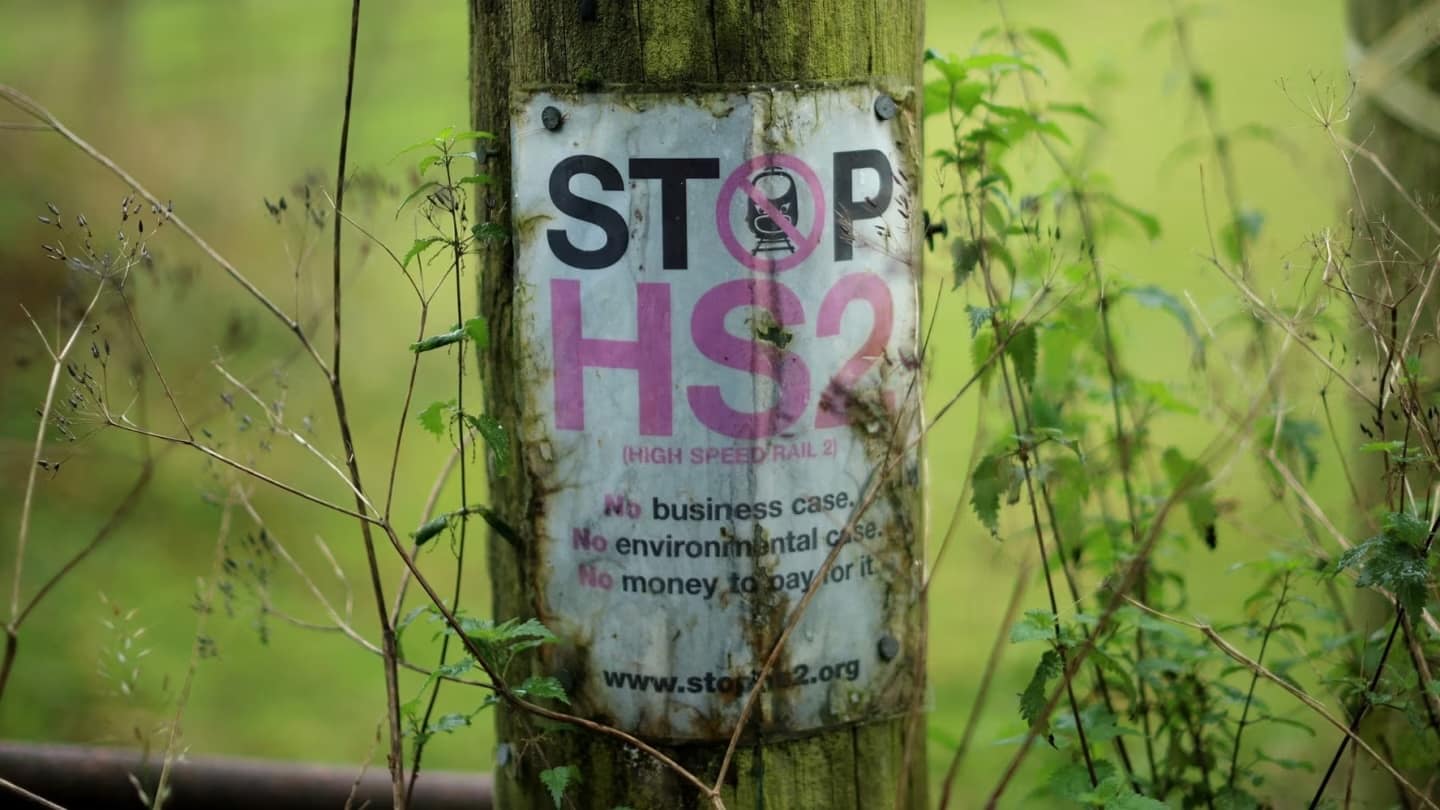HS2 Failure and the Climate Change Committee: Why the UK Needs Free-Market Solutions for Net Zero
The HS2 failure and growing criticism of the UK’s Climate Change Committee (CCC) tell the same story:
government-led infrastructure and climate policy are struggling to deliver. Two recent articles in City A.M. and
The Spectator highlight how UK infrastructure and net-zero policy have become tangled in
overreach, slow delivery, and unrealistic targets.
Nowhere is this clearer than HS2, the high-speed rail project that has shifted from a national connectivity vision
to a cautionary tale. Costs have ballooned, timelines have slipped, and political indecision has turned HS2 into a symbol of how
not to deliver strategic infrastructure. As City A.M. notes, the project has become so financially chaotic that it risks
damaging the UK’s international reputation.
This mirrors The Spectator’s critique of the Climate Change Committee. The CCC continues to push
net-zero policies that are economically unrealistic and politically difficult to implement. If the UK cannot manage
around 100 miles of railway on time and on budget, how can it credibly claim to be able to orchestrate a full economy-wide
green transition?
Lessons From History: The 19th-Century Railway Boom
The contrast with the 19th-century railway boom is striking. Britain’s railway network—the backbone of the Industrial
Revolution—was built almost entirely by private investors, entrepreneurs, and engineers, not government departments.
Market competition, not political committees, delivered one of the most ambitious pieces of infrastructure in history.
Investors backed routes, operators competed on speed and price, and capital flowed into projects that promised a return. The result
was a dense, national network that supported trade, industry, and productivity. It was a free-market infrastructure
story, not a centrally planned one.
If today’s government struggles to deliver even a fraction of that, it raises hard questions about its ability to meet its own
net-zero targets, deploy green energy, or accelerate transport decarbonisation.
The Case for Market-Led Climate and Infrastructure Solutions
If Britain wants credible progress on net zero, energy security, and modern infrastructure, the answer is unlikely
to be more central planning and more committees. Instead, the UK needs to create space for private capital, innovation, and
competition to lead.
A market-led approach would mean:
- Private investment taking the lead in green energy projects and next-generation transport.
- Simpler, faster regulation that allows companies to innovate without years of delays and uncertainty.
- Market incentives, not rigid state mandates, guiding the path to net zero.
- Competition, not bureaucracy, driving down technology costs and improving service quality.
The private sector delivered the railways that built modern Britain. It can also deliver the green infrastructure,
hydrogen networks, clean mobility, and energy innovation that the UK now needs.
The lesson from HS2 and the Climate Change Committee is clear: when the state overreaches and underdelivers,
the market is not the problem—it is part of the solution.

